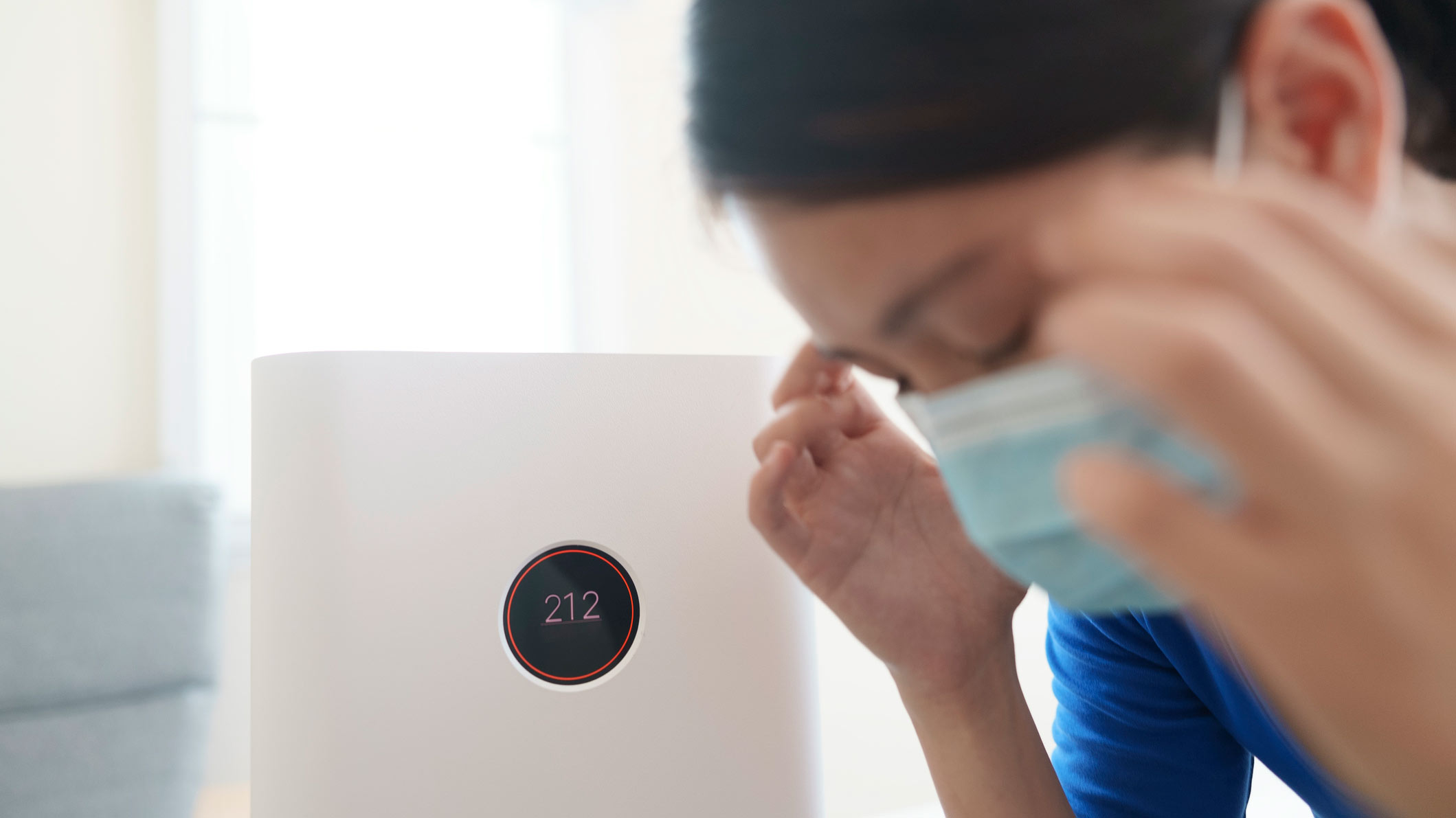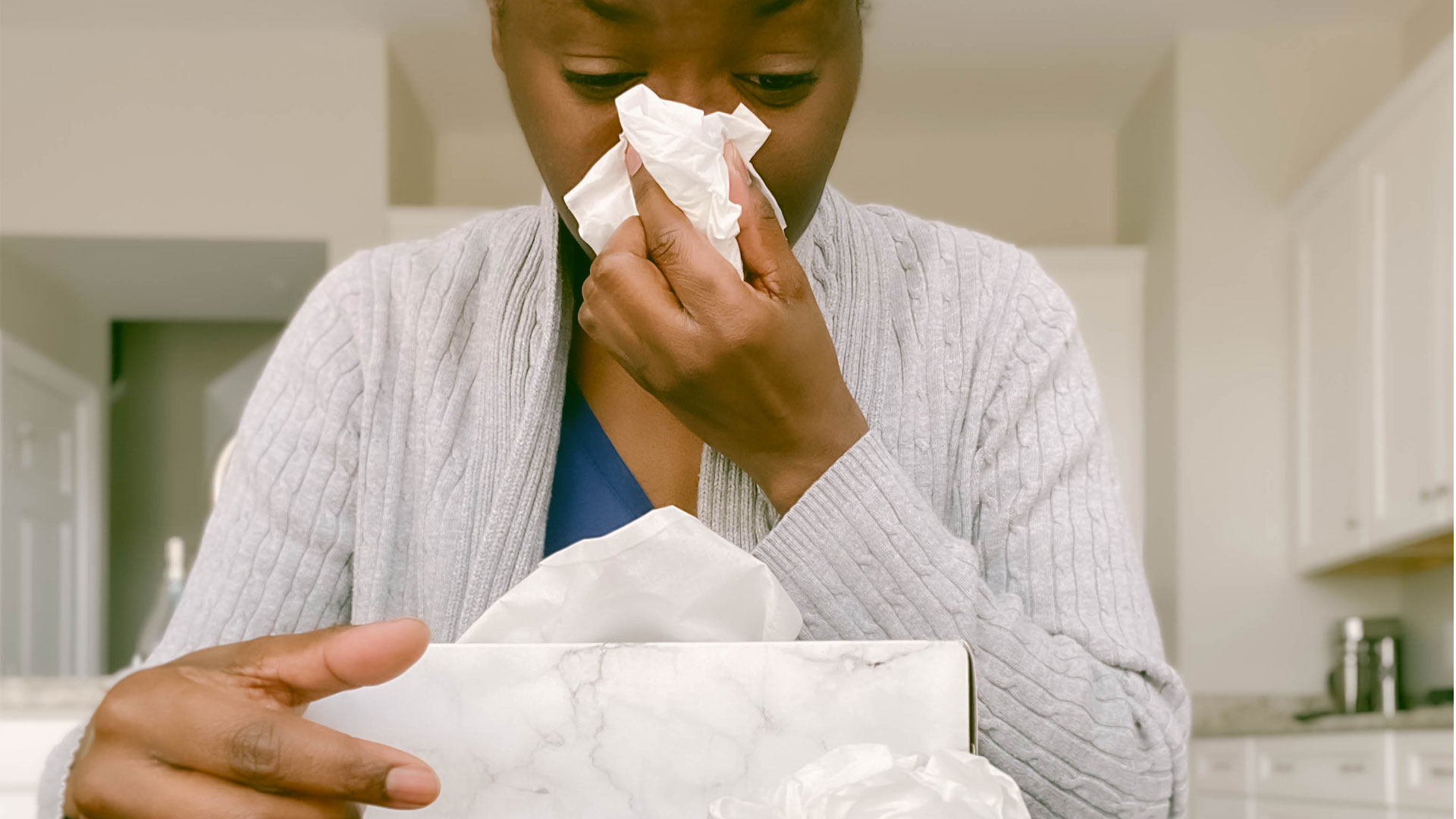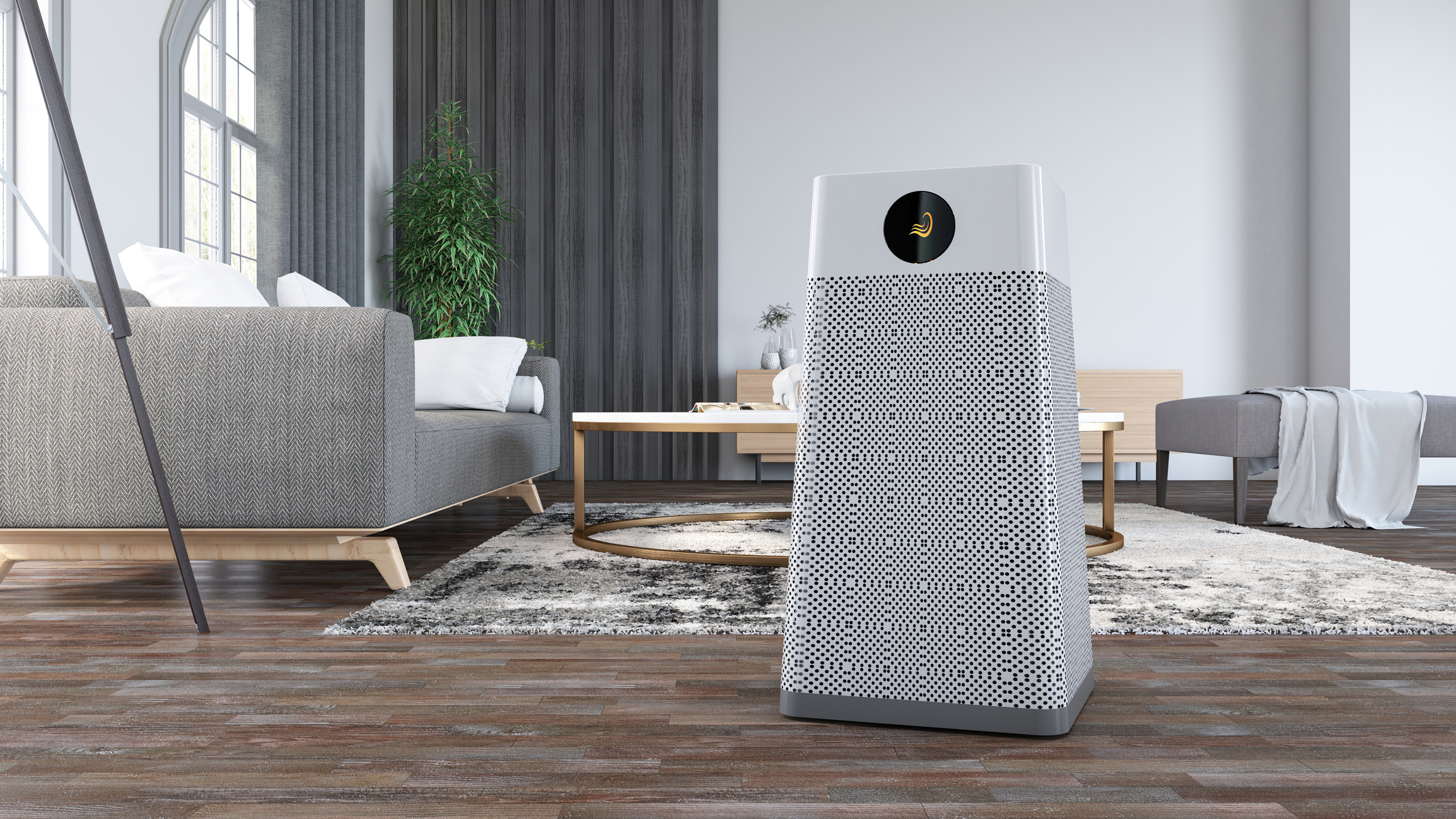Do HEPA filters remove viruses?
Do HEPA filters remove viruses, and what's the science behind them?

Get the world’s most fascinating discoveries delivered straight to your inbox.
You are now subscribed
Your newsletter sign-up was successful
Want to add more newsletters?

Delivered Daily
Daily Newsletter
Sign up for the latest discoveries, groundbreaking research and fascinating breakthroughs that impact you and the wider world direct to your inbox.

Once a week
Life's Little Mysteries
Feed your curiosity with an exclusive mystery every week, solved with science and delivered direct to your inbox before it's seen anywhere else.

Once a week
How It Works
Sign up to our free science & technology newsletter for your weekly fix of fascinating articles, quick quizzes, amazing images, and more

Delivered daily
Space.com Newsletter
Breaking space news, the latest updates on rocket launches, skywatching events and more!

Once a month
Watch This Space
Sign up to our monthly entertainment newsletter to keep up with all our coverage of the latest sci-fi and space movies, tv shows, games and books.

Once a week
Night Sky This Week
Discover this week's must-see night sky events, moon phases, and stunning astrophotos. Sign up for our skywatching newsletter and explore the universe with us!
Join the club
Get full access to premium articles, exclusive features and a growing list of member rewards.
High-Efficiency Particulate Air (HEPA) filters can trap dust, pet dander, mold spores and many other airborne particles responsible for triggering respiratory allergies and asthma attacks. In fact, they are the key feature in some of the best air purifiers on the market. But do HEPA filters remove viruses? If so, can they really stop you from catching a common cold or flu?
The evidence is somewhat mixed.
While HEPA filters can help reduce the concentration of viruses in the air, they are not a complete solution for preventing the spread of viral diseases, Robert Weitz, a certified microbial investigator and principal at RTK Environmental Group, an environmental testing and consulting service on the East Coast, told Live Science by email.
HEPA filters are rated for their efficiency in capturing particles of a specific size. "A genuine HEPA filter can capture up to 99.97% of airborne particles, including viruses, that are 0.3 microns or larger. Many viruses, including the SARS-CoV-2 virus that causes COVID-19, fall within this size range," Weitz said.
Understandably, this statement may raise some eyebrows. Most viruses are much, much smaller than 0.3 microns. For example, SARS-CoV-2 particles measure less than 0.1 microns in diameter, according to a review published September 2020 in the International Journal of Environmental Research and Public Health. However, viral particles do not tend to spread on their own — they often need a vessel to be able to reach and infect the host. Contagious viruses that cause respiratory diseases are typically enclosed within the droplets released when an infectious person coughs or sneezes. And when viruses are within droplets, the size of the airborne viral particles is larger.
For example, the droplets that carry SARS-CoV-2 viruses measure at least 9.3 microns in diameter, the review authors noted. As a result, HEPA filters can remove viruses that are attached to larger airborne particles, Shahir Masri, an associate specialist in air pollution at UC Irvine, told Live Science by email.
Indeed, studies have shown that air purifiers equipped with HEPA filters can markedly reduce SARS-CoV-2 viral particles in the air, according to a review published June 2021 in the journal Otolaryngology-Head and Neck Surgery.
Get the world’s most fascinating discoveries delivered straight to your inbox.
However, these appliances may not stop you from actually getting infected. Scientists compiled the data from 32 studies and found no solid evidence that air purifiers equipped with HEPA filters can reduce the incidence of respiratory infections in real-world settings, according to a review published December 2023 in the journal Preventive Medicine.

There could be many reasons why HEPA filters do not guarantee protection against viral diseases. Some people may be more prone to infections or more exposed to viral particles than others, for example. And to a certain extent, the failure to stop the infection may also lie in the HEPA filter itself.
"The effectiveness of a HEPA filter depends on the size of the room and the air circulation. It is important to choose a HEPA filter that is the right size for your room, and to ensure that the air circulates properly around the filter," Weitz said. For example, you should not put the HEPA filter right up against a wall. HEPA filters also need to be replaced regularly to maintain their effectiveness, he said.
Moreover, not all air purifiers with HEPA filters are created equal. Seemingly similar models may use vastly different technologies to remove airborne pollutants. For example, air purifiers equipped with UV light may be more effective at removing harmful microbes than others. "Appliances with UV light are especially designed to destroy viruses and should therefore be chosen if viral reduction is the goal," Masri said.

All in all, HEPA filters can be a valuable tool for reducing the risk of virus transmission. However, they should be used alongside other preventive measures to provide the best protection, Weitz concluded.
This article is for informational purposes only and is not meant to offer medical advice.
Dr. Christopher Oseh is an experienced primary care physician, health blogger, content marketing professional, and self-published author. He specializes in creating content for health care providers and health technology companies. He has been featured on Harvard Medical school blog and has also created content for a variety of health technology clients.
 Live Science Plus
Live Science Plus






